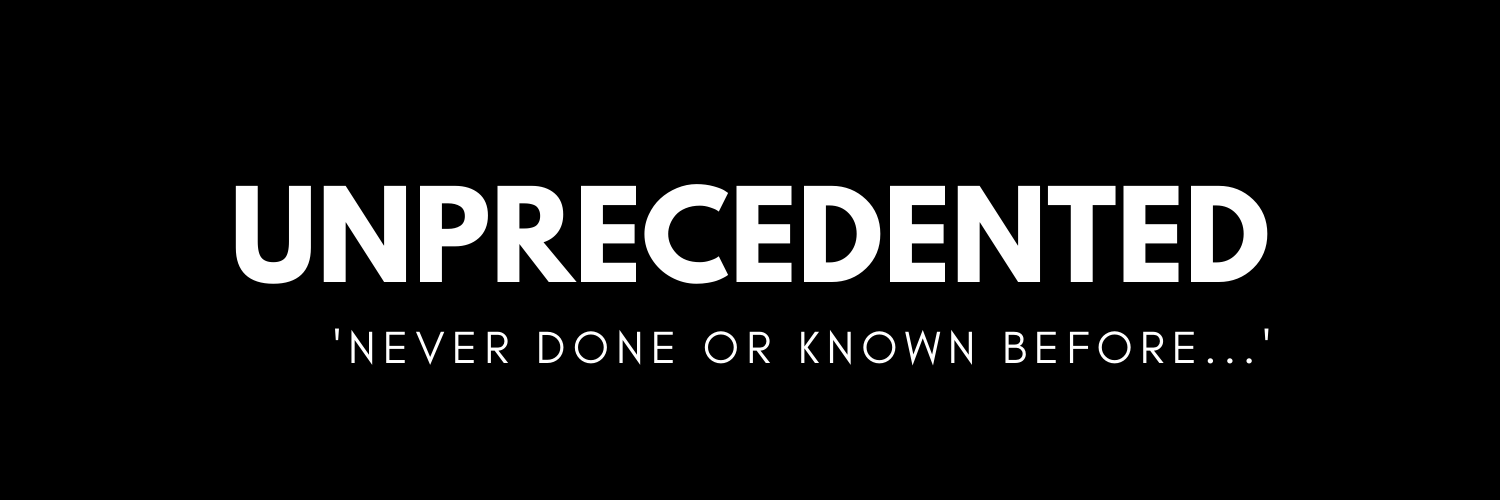Yesterday, the Office for Students released this guide. But what’s included, and how can you best use it? Susannah has been taking a look through it to provide you the low-down…
It’s been noticed that this is an unprecedented time to be graduating, so a central platform of signposting has been created for national support available for you.
Don’t forget, all our internal support is still available to you, but as well as that, we wanted to run you through this additional online space full of information to support you into your career. We’ve spent today looking through it, to bring you our best bits…
I recommend you start by looking through everything, then bee-lining for what jumps out at you.
What stood out for me, was the Cappfinity Strengths Profile (in section 3: Develop Skills). I spent some time answering the questions, which was a great way for me to reflect in itself, but at the end, it gave me my top skills, as well as a breakdown of my hidden skills (that I could step into more), the skills that I should use less because I find them draining, and the things that aren’t really in my skillset!
The questions are split into sections about what you perceive your skills to be, how much energy/ how drained you feel using those skills, and the frequency you use them at the moment. In the final report, it also gives some ideas of careers you may want to consider based on your strengths.
Like all questionnaires such as these, don’t forget – this is a snapshot in time! You may have answered differently yesterday, but if it helps you gain a general picture, or brings you some new ideas you hadn’t thought of, it’s definitely interesting.
I’ve already had feedback that there’s a lot of words, and a lot of links through the Graduate Employment and Skills Guide, hence bringing you this breakdown to hopefully help you access what’s helpful to you first. So if you’re feeling overwhelmed, don’t panic. You can always ask us to give you a hand in breaking down what may be helpful for you.
It’s split into 5 sections (after the overview), which are great steps to consider as you transition out of University and into the workplace.
- Identify skills – this is all about recognising skills you already have.
- Develop skills – this is learning more, and more about yourself, looking at courses, videos and mentoring (don’t forget, everything on here is free).
- Gain experience – this is about work experience and volunteering.
- Apply for Jobs – this includes places to look, specialist support and different sector information.
- Wellbeing – this is a reminder that this time can be stressful, and signposting to support networks which may be helpful to you.
Throughout the Guide there is also specific information for international students too. It’s ok to have a little look now, and come back to it later… or to look at it alongside your job hunting action plan, and see which bits you want to pursue and schedule them in.
If you book a Careers Advice Appointment with us, or speak to us on Live Chat, you may find that we direct you to some of these resources, or can help you break it down, but we also have a range of support available to you through our Online Hub too – we’re sharing this national support to compliment and offer an extra set of support resources, but not to replace our ongoing support for you, which remains.
For example…
Careers Advice sessions
A Job Search Tool
Information on Volunteering
Workshops to support your skills
Career Assessments (personality tests etc)
Getting further support from The Careers and Enterprise Team at CCCU
You can get ongoing careers support via the following ways:
- Email careers@canterbury.ac.uk
- Log onto the Careers and Enterprise Online Hub to access resources such as CV360, Interview Simulator and more. Our Live Chat function is also available for you to speak to us 10-12 and 2-4 Monday to Friday
- Check out our YouTube channel for more advice and signposting
- Don’t forget our workshops – all online and free and for all current students and recent alumni (up to 3 years post-graduation).
 Careers and Enterprise Blog
Careers and Enterprise Blog Susannah Gilbert
Susannah Gilbert 986
986


